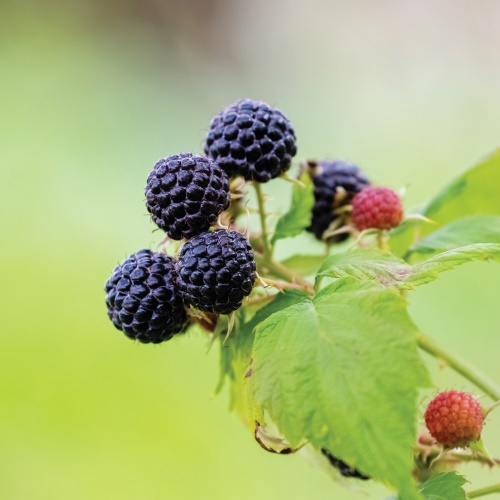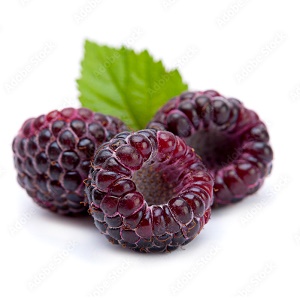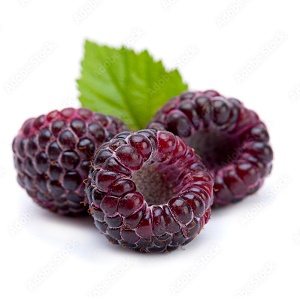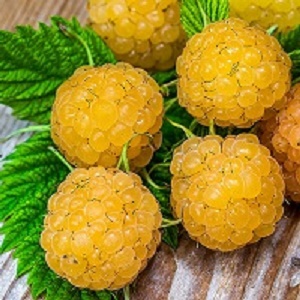Raspberry Black : NIWOT tissue culture plugs
$8.95
When Niwot first come out in 2014, it was promoted as a fall-bearing variety. Both flavours and yield have subsequently proven to be much better if it is grown as a floricane (summer bearing) type. When fruited on second year canes Niwot is the earliest black raspberry to begin ripening and has the longest picking window. Large, attractive, shiny berries are very firm and easy to pick.
Try Niwot now for the best in blacks.
SELF-FERTILE | ZONE 4| HARVEST: MID JULY
Growing Tips
Tipping or tip pruning is highly recommended for black and purple raspberry canes. As the primocanes (first year canes) reach 90-120 cm (3-4'), pinch or cut 8-15 cm (3-6”) off the tips to force branches to develop. Tipping will delay, but prolong, the harvest, increase yield and reduce arching of the canes and tip rooting. Pruning later in the season decreases the amount of time the plant will have to develop the branches. Not pruning the primocanes will allow earlier ripening than the tip-pruning option, however the
canes will become tall and arching, and will develop fewer berries.
Raspberry canes MUST be kept moist until they are in the ground. In fact, we believe that the main reason that canes fail to grow is from the root hairs becoming dry at some point in the planting process.
We suggest using Soil Moist root dip (see page 81). Soak the roots for 1-2 hours just before planting. From our own experience it is highly effective. It is also recommended for other plants – blackberries, strawberries, etc.




